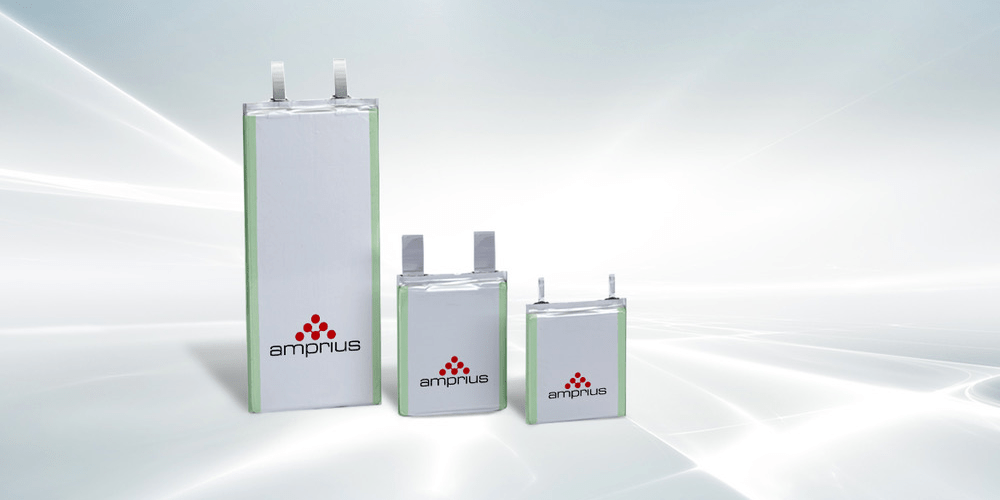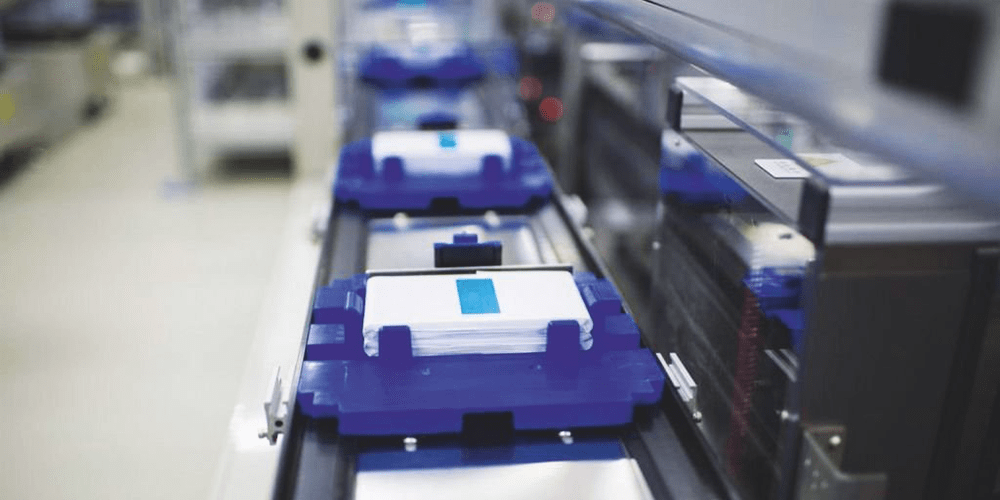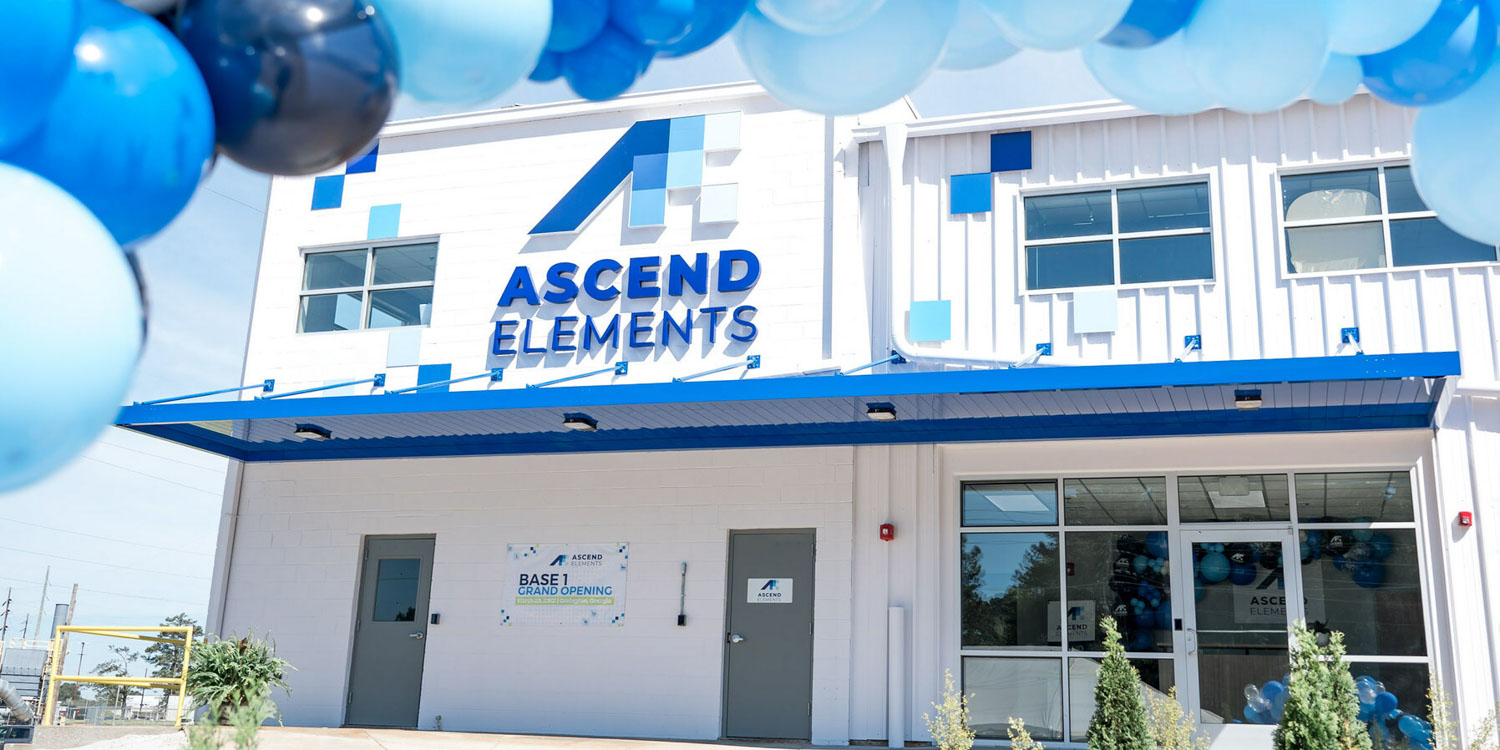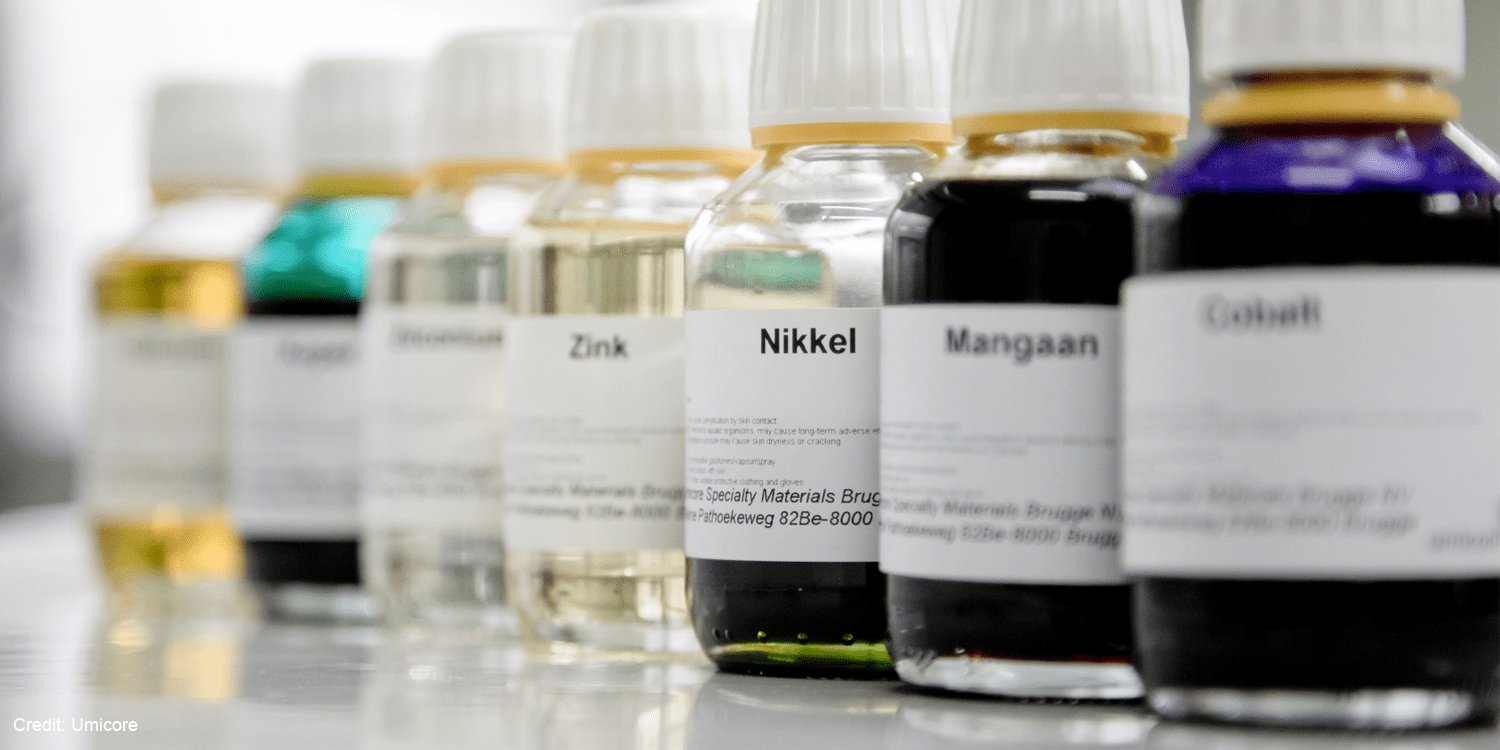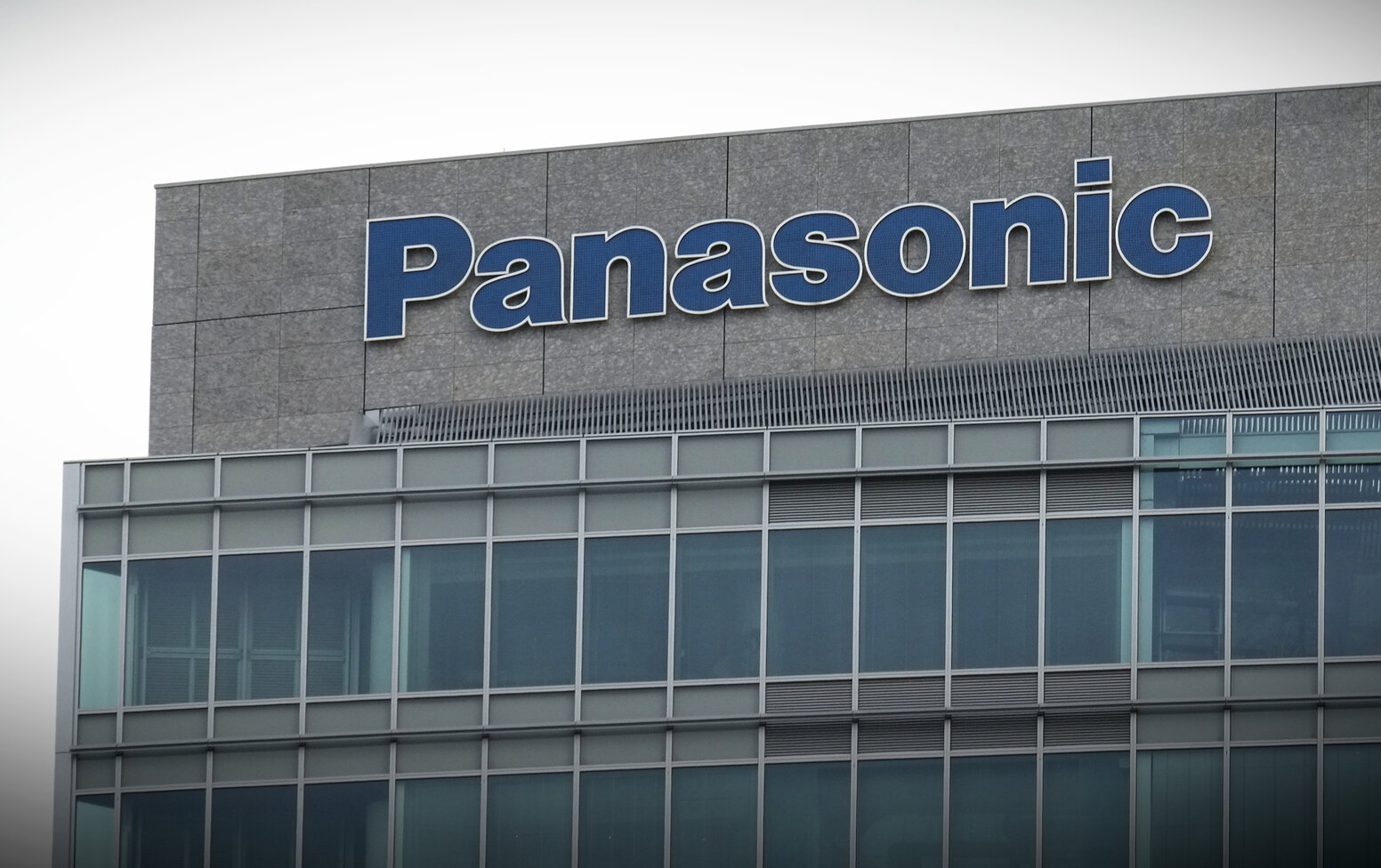Amprius Technologies, a California-based battery developer, has announced a significant increase in the energy density of its cells, with a rating of around 500 Wh/kg or 1,300 Wh/l. Mobile Power Solutions testing institute confirmed that the cells deliver an energy density of 504 Wh/kg or 1,321 Wh/l at 25 degrees Celsius.
Amprius claims that these cells could offer “potential industry-disrupting performance with barrier-breaking discharge times” while being up to 50% lighter and smaller than commercially available lithium-ion cells. This attribute makes them more attractive to the aerospace industry, among others.
Jon Bornstein, President of Amprius Lab, said, “These cells provide a run time of 200 per cent compared to state-of-the-art graphite cells while being lighter and smaller than other batteries with the same energy content.” He also added, “This technology sets an industry benchmark for next-generation battery technology that will ultimately revolutionize how high we fly, how far we travel and how long we can use our devices.”
See also: Amprius Technologies to Build New Battery Factory in Colorado
Amprius had initially delivered cells with an energy density of 450 Wh/kg and 1,150 Wh/l for use in satellites. The company also stated that these cells, which feature silicon in the form of nanowires as anode material, could eventually make their way into future electric vehicles.
This prediction seems to be coming to fruition as Amprius plans to build a plant in Colorado, USA, to produce cells for electric vehicles. The plant will begin production in 2025 with an annual capacity of 500 MWh, which the company says will later be expanded to up to 5 GWh.
According to Amprius, the new batteries’ smaller size and lighter weight will have a significant impact on electric vehicles’ performance, making them much more efficient and competitive in the market. The breakthrough in energy density could also help in the widespread adoption of electric vehicles and renewable energy sources.
“The industry has been waiting for a battery that can deliver high energy density without compromising performance or safety,” said Dr. Kang Sun, CEO of Amprius. “We are excited to be the first to bring this game-changing technology to market and to help accelerate the transition to a cleaner, more sustainable future.”
See also: Fisker’s First Electric Vehicle, the Ocean, Prepares for Global Launch by End of 2023
With the growing demand for electric vehicles and renewable energy, the battery industry’s future seems to be heading in the right direction. With breakthroughs like Amprius’s new cells, the world could soon see a significant shift towards cleaner energy and a more sustainable future.

